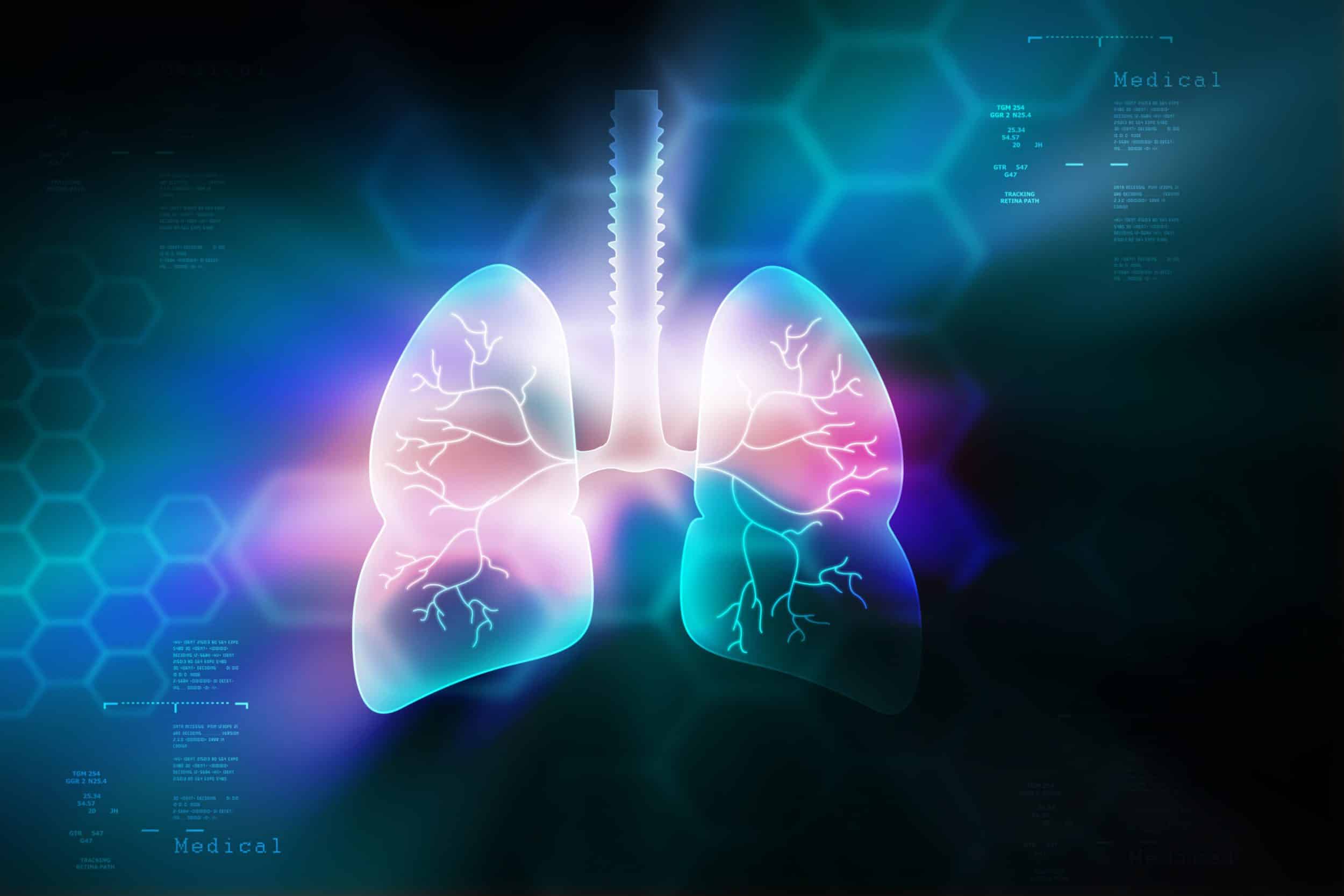

Jane Wood is a practicing acupuncturist and has written a guest blog about her perspective of Chinese medicine, and how she believes it can help those that are grieving. If you have any questions or would like to find out more about Jane’s work and Chinese medicine you can visit Jane’s website.

Grief through the lens of Chinese Medicine
Chinese medicine sees emotions manifesting in the organs; the heart feels the emotion of joy, the spleen pensiveness, the liver anger and frustration, the kidneys fear. And the emotions of sadness, grief, and worry affect the lungs.
We can see similarities in our own everyday language; something may make your heart sing, if you’re out of sorts you might describe yourself as feeling a bit liverish. And our breath changes when we’re upset, whether that be with sobs of grief, shallow breathing, or holding our breath.

The physical impact of grief
Western medicine sees the brain almost as a Commander, sending signals via the nervous system to other parts of the body as if they were its troops. Chinese medicine sees all parts as equal, with organs affected directly by emotions. Either way, there is no doubt that your emotions affect your body and health.
The first thing to say is that grief is a normal experience, one that binds the whole human race.
Although everyone will have their own experience of bereavement, the loss of a loved one is generally accepted as a major cause of stress and anxiety. Responses in the nervous system change our biochemistry. A cascade of hormones release telling us that we’re no longer safe and need to prepare to fight, flee, or freeze.
The first responder to stress, adrenaline, gives us the impetus to move quickly or be completely still. It diverts blood to the skeletal muscles, heart and brain so you we can fight or flee and dilates our pupils so we can see where we’re going! Extremely useful if we need to jump out of the path of an approaching bus, but not so great for going about our normal lives as that extra diverted blood has to come from somewhere, such as the digestive or reproductive organs.
We need this stress response to get through life. We wouldn’t last long without it. But we also need to be able to relax when the stressor has gone. It is normal for us to move between stressed and relaxed states, which are governed by two branches of the nervous system. Problems arise only when we stay in a stressed state for too long without periods of relaxation.
If stress continues, the body releases steroid hormones such as cortisol, to prolong the stress response. Cortisol is essential for life. In normal times, it helps to break down food to give us the energy for life. But the increase in cortisol from long term stress is less helpful, leading to a range of health issues.

How acupuncture can help
Our bodies are always looking to maintain a constant internal environment to keep our internal organs safe and maintain the right environment for life. It’s a bit like Goldilocks wanting the porridge to be exactly right, we can’t be too hot or too cold. This state is called “homeostasis”. Long term stress moves us away from homeostasis, keeping us in “fight or flight” mode for too long.
Research into acupuncture has shown that it can reduce the stress response by:
Making changes to the nervous system, which sends signals to the body to tell it to make changes such as increasing or slowing the heart rate, to bring it back to that middle ground, homeostasis.
Improving heart rate variability. While it might seem that a heart rate as steady as a metronome is something to aspire to, we need a heart rate finely tuned to change to the environment. Higher heart rate variability is associated with better health overall.
An area of the brain called the hypothalamus releases neurochemicals when the body is under stress. Acupuncture can calm this response.
Increasing the release of endorphins, the “feel good” chemicals that play an important role in regulating responses to stress such as pain, heart rate changes, blood pressure and digestive function.




Self-help
Breathe well
Going back to the lungs, one of the simplest changes we can make is working with the breath.
Our emotions affect our breath, it really is a barometer or benchmark of how we feel. But the reverse is also true. Changing how we breathe can send signals to the body to let it know that we’re safe.
In times of stress the breath tends to be quick and shallow and may feel uneven. When we’re relaxed our breathing is deep and even, with longer breaths.
Breathing is an automatic function of the body, but we can also directly control our breath.
Here’s a simple breathing practice.
Start with good posture – how we hold ourselves has a very physical impact on the breath. By standing/sitting straight and relaxing the shoulders down and rolling them back we allow the ribcage to expand, increasing lung capacity and allowing more air into the body. With that air comes oxygen, needed by every cell of the body to help it function.
You might also notice that changing your posture also changes how you feel.
Now observe how your breath is in this moment. Is it shallow and fast, or slow, deep, and even? Then bring your attention to your posture, whether seating or standing imagine a string at the top of your head lifting you towards the ceiling. Begin to count each in breath and out breath. Don’t strain, just count the breath as it is. You might notice that the breath becomes softer and longer over time. Next you can begin to make the outbreath just a little longer.
You can try this at any time and can also work with the breath while lying down.


What else can you do?
Relax
Although it can be difficult to relax, see if you can find something works for you. It might be a walk in nature, talking things through with a friend, listening to music, or a nice warm bath. Everyone is different and what works for someone else might not work for you, and vice versa.
Diet
Nourish yourself with good wholesome food. Being off your food is a normal reaction to grief, as is turning to junk food for comfort. Although it may make you feel better for a short while in the longer term, it can prolong the stress response. Common stressors include coffee, alcohol, and sugar.
Take time to eat. Your digestion will thank you for eating slowly, chewing properly and sitting calmly. And if it’s possible, try and eat your meals at roughly the same time each day. Strange though it may seem, your body gets used to this rhythm and begins to prepare itself to digest food.


Sleep
Insomnia is a common side effect of stress. But even going to bed and getting up at the same time, perhaps listening to soft music, a gentle audio book, or recorded relaxation can help to maintain the Goldilocks state of homeostasis, and you may find it easier to return to a normal sleeping routine later down the line. Gentle stretching or breathing practices in a dimly lit room before bed can sometimes help.
And finally – Accept grief
Grief is normal, but the biological impact of long term suppressed grief can impact on health. Culturally, we’re sometimes encouraged to “keep things in” but grief is a normal part of life, a common experience that binds us as humans. The loss of a loved one is stressful, but expressing grief in whatever way works for you, and for as long as you need to, releases stress hormones just as running away from danger does.
If you would like anymore information or have any questions please contact Jane Wood via e-mail [email protected] or visit her website https://janewoodacu.co.uk/


